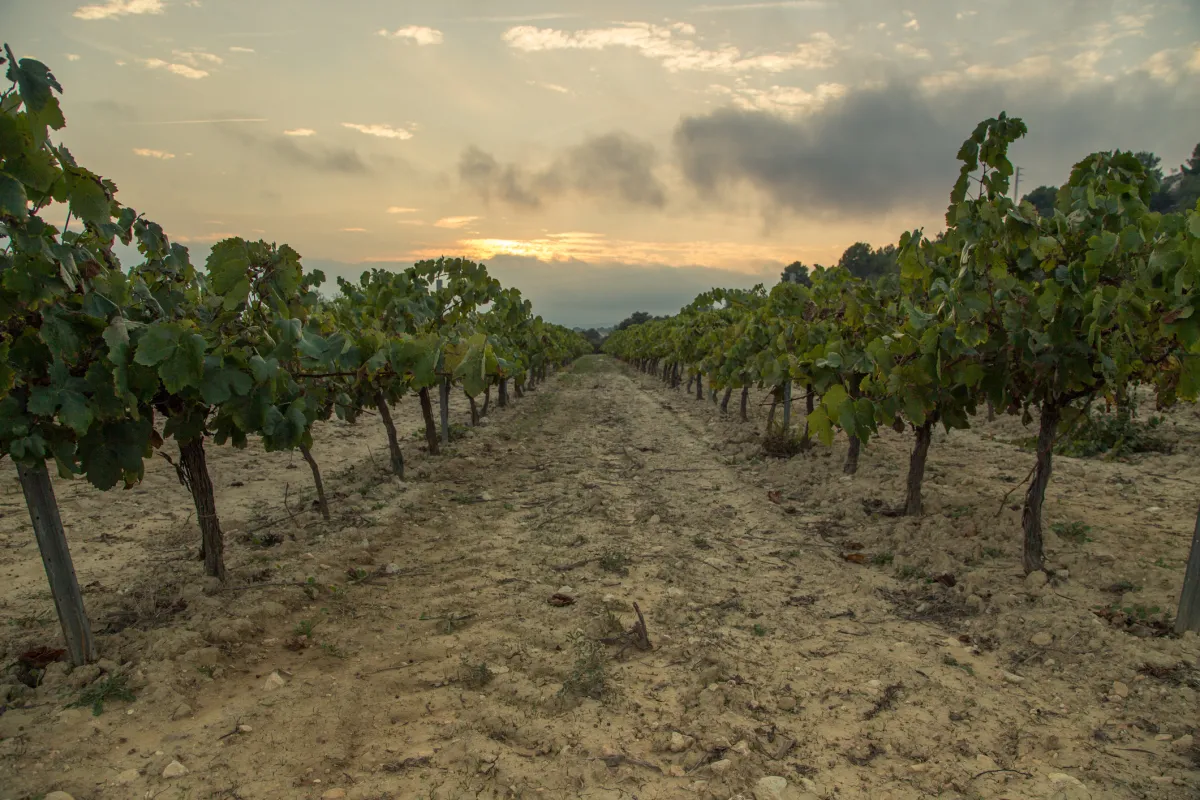By Miguel A. Torres
Copyright time

Sustainability has become imperative, shaping not only how we cultivate our vineyards and produce our wines but also how we envision the future of wine itself. A profound transformation is underway, combining innovation, tradition and a deep respect for nature.
How the wine industry is adapting to climate change
Penedès is the first wine-producing area where all wines are made entirely from organic grapes. This is an important first step, but we should not settle for this alone. Regenerative viticulture is resonating as the agricultural model most suited for the current climate, a model that actively improves soil health and ecosystem resilience. By avoiding tillage, maintaining ground cover, and fostering biodiversity, our vineyards have become healthy, fertile, and resilient ecosystems that also capture atmospheric CO₂.
High temperatures accelerate the start of the grape harvest, causing an unbalanced ripening which could ultimately affect the quality of the wine. As a result, vineyards are being planted in higher grounds and grape varieties are being replaced by others better adapted to higher temperatures and drought. Irrigation systems will become necessary to support yields and ensure the quality of the grapes.



